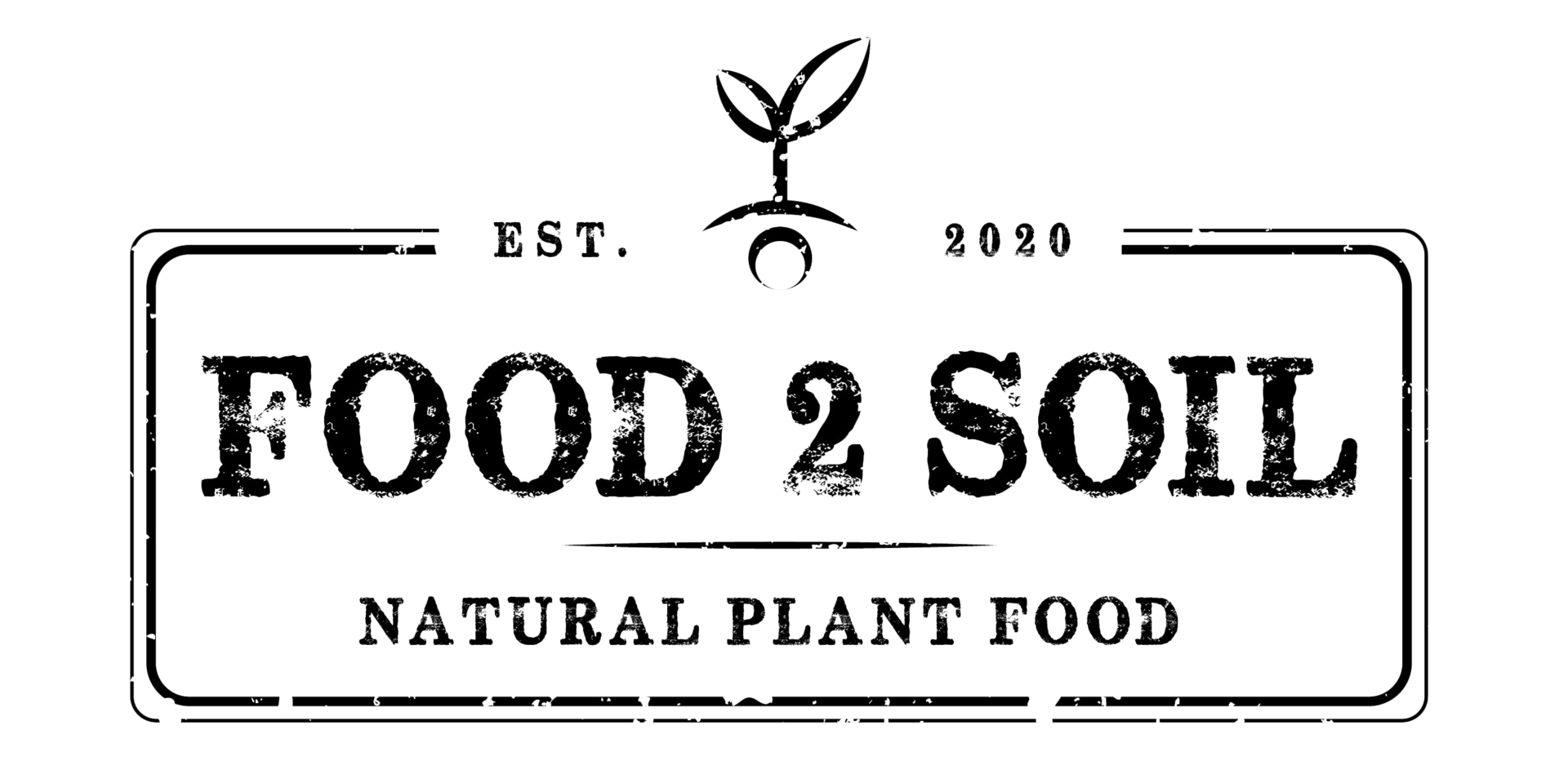For a long time, soil was thought of as something we walked on, built on, buried things in, dug up, and something we grew plants in. But recently, the vital role soil plays in human and planetary health is being recognised. A lot of this “vital role” comes down to the diverse microbial ecosystem in soil, or as we like to call it ‘subterranean workforce’.
Though we cannot see, hear, or feel microbes, they are essential for all life on earth, due to their huge diversity in form and function. Nowhere is this truer than in soil, where they are essential in preventing soil erosion, conserving water, promoting plant resilience and growth and breaking down environmental pollutants. They also help fight climate change by capturing and storing atmospheric carbon. These factors alone are reason enough to sing the praises of microbes, however research is also showing how the soil microbiome can positively impact human health, by boosting our immunity and the nutritional density and flavour of the food we eat.
Historically, soil was associated with its negative impact on humans such as through pathogenic organisms (viruses or parasites), toxins (such as lead or arsenic) or problems in soil causing nutrient deficiency in crops (such as low iodine and iron). However, in the process of finding solutions to these problems, scientists looked to soil microbes to protect us. One good example is the majority of antibiotics actually originate from soil microbes.
There is evidence that suggests children raised on farms have lower rates of allergy and asthma than urban children, with the main difference being rich microbe environments of farm and animals. These conditions help regulate the immune response and play a key role in determining the nutrient content of food.
There are many interactions which take place between soil microbes and plant roots. Plants secrete compounds to feed nearby microbes, in return microbes enable plants to capture essential nutrients they need from soil (such as nitrogen and phosphorous) and produce a series of chemicals called phytonutrients or, commonly known as antioxidants.
It’s these chemicals that protect plants from pests or other stress factors, and give food its unique flavour, smell and colour. Research shows these chemicals also benefit humans by regulating hormones, stimulating our immune system and slowing the growth of cancer cells. It’s been said ‘healthy soil equals healthy people’.
It is now widely accepted by soil scientists all over the world that soil with a diverse microbial community promotes plant growth, compared to soil with a limited microbial makeup which suppresses growth. It is also understood microbes communicate and operate in communities and work together in unison with their environments. They can even prewarn a plant that drought conditions are coming! (Soil, M.Evans 2021)
Unfortunately, modern agricultural practices (such as tillage, chemical-based fertilisers, pesticides and herbicides) have been impacting microbial populations in soil, to a point where the nutrients in the food we eat today is said to be 30% lower in nutrients than in our grandparent’s time.
Thankfully there is a growing popularity in land regeneration practices that protect topsoil, producing food rich in antioxidants and building diversity and density of soil microbes (biostimulants such as Food2Soil, fall into this category). Rotating crops and grazing animals, resting pasture, and using cover crops (plants grown to keep soil covered in the offseason) are also valuable ways to reduce topsoil erosion.
The UN reports that if we were to take 2 million of the 5 million acres of degraded land and practice regenerative agriculture, we could pause climate change and give ourselves another 20 years to come up with climate solutions. When I first read this, it was a WOW moment.
So, we know we need to stop practices that are bad for soil and start doing things that we know preserve and protect topsoil and our unseen, underground heroes ‘microbes’. But how do we get change to happen sooner rather than later?
At Food2Soil we are on a mission to educate people on the connection between soil and human health and to change the public perception of soil. We want to ensure soil is seen, not just as dirt, but rather as a wonderous, alive ecosystem that is essential for human health and all life on the planet.

